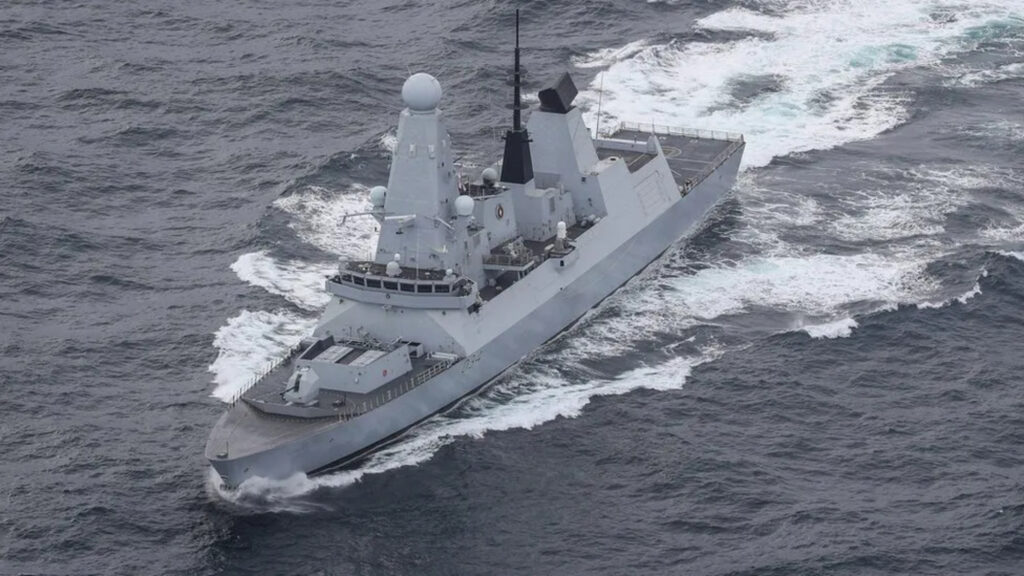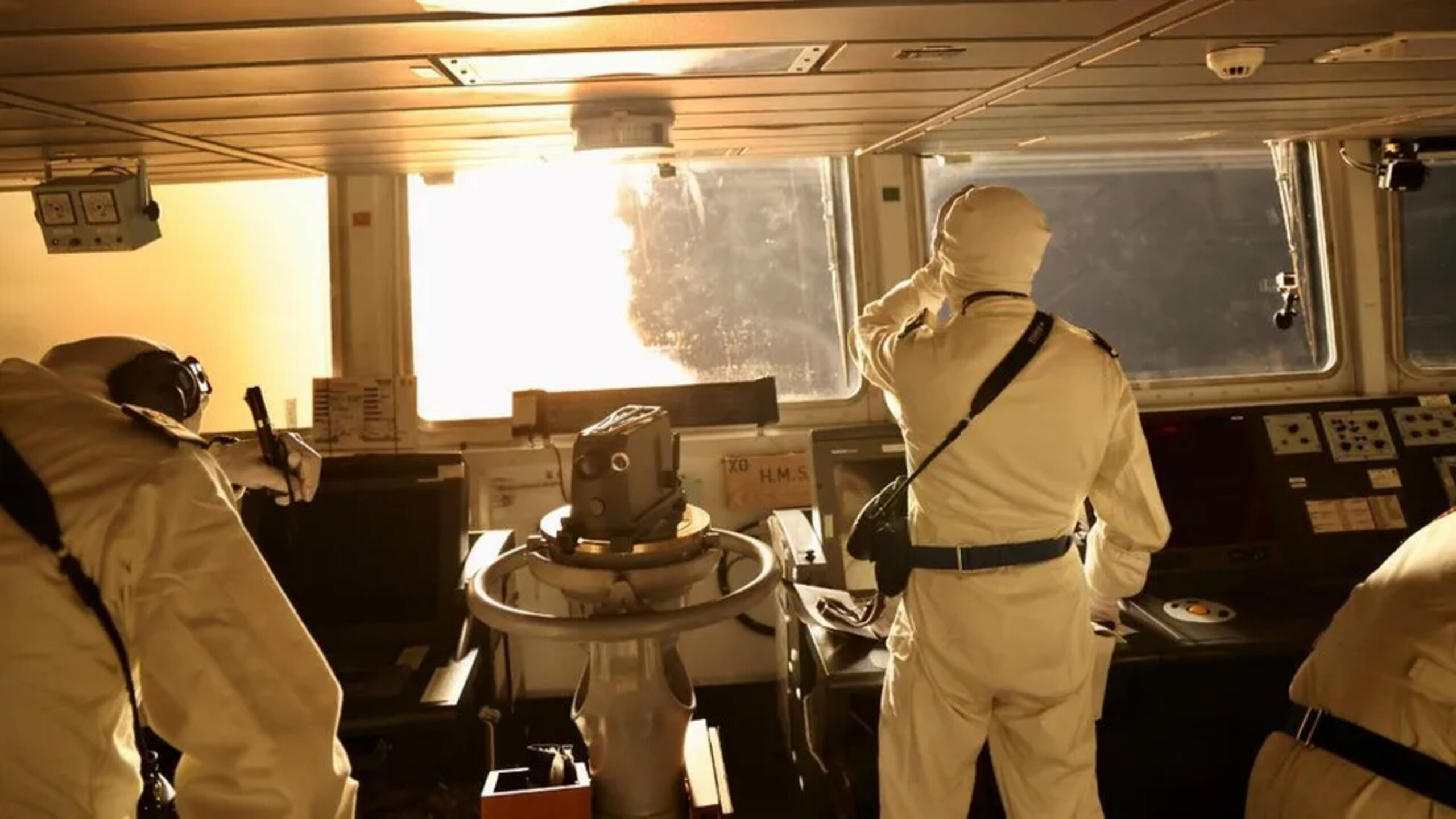the latest tensions in the Red Sea and geopolitical developments as the US and UK contemplate military action against Yemen’s Houthi rebels. Dive into the details of the largest Houthi attack in the Red Sea, where carrier-based jets and warships intercepted 21 drones and missiles. Explore the potential consequences, global trade implications, and escalating tensions
In a dramatic turn of events, the United States and the United Kingdom are considering military action against Yemen’s Houthi rebels following their successful repulsion of the largest attack on Red Sea shipping to date. On Tuesday night, carrier-based jets and warships intercepted and shot down 21 drones and missiles launched by the Iran-backed Houthi group.
Tensions in Red Sea
The international allies issued stern warnings, hinting at potential military consequences for such attacks. UK Defence Secretary Grant Shapps, when asked about the possibility of strikes in Yemen, intriguingly stated, “Watch this space.” The Houthis claimed to have targeted a US ship providing support to Israel, a claim they have made in the past, often inaccurately linking their attacks to Israeli-affiliated vessels.
This latest assault, the 26th on commercial shipping in the Red Sea since November 19, showcased the use of Iranian-designed attack drones, anti-ship cruise missiles, and anti-ship ballistic missiles launched from Houthi-controlled areas of Yemen. In a swift response, carrier-based F/A-18 warplanes and destroyers from the USS Dwight D. Eisenhower, USS Gravely, USS Laboon, USS Mason, and HMS Diamond successfully neutralized the threat.

HMS Diamond, utilizing its guns and Sea Viper missiles, played a crucial role in downing seven Houthi drones. Fortunately, no injuries or damages were reported during the operation.
Houthi military spokesman Yahya al-Sarea confirmed their involvement, stating that the operation targeted a US ship supporting Israel. He framed the attack as a response to a previous incident in which US Navy helicopters sank three Houthi speed boats during an attempted assault on a container ship on December 31. Al-Sarea asserted the rebels’ commitment to defending their country and preventing Israeli ships from navigating in the Red Sea and the Arabian Sea.
The international community expressed deep concern over the situation’s potential impact on global trade, the environment, and lives. UN Secretary General Antonio Guterres’ spokesperson highlighted the risks and emphasized the urgency of finding a resolution.
The UN Security Council is expected to vote on a resolution demanding that the Houthis cease targeting maritime traffic in the Red Sea. UK Defense Secretary Grant Shapps reaffirmed the stance of the UK and its allies, emphasizing the unacceptability of such attacks and the commitment to taking necessary actions to protect lives and the global economy.
Shapps, in a television interview, pointed the finger at Iran, stating that it was “behind so much of the bad things happening in the region.” He warned both Iran and the Houthis of consequences if the attacks on shipping persisted, hinting at the possibility of future military action.
US Secretary of State Antony Blinken, during a Middle East tour, condemned the incident, avoiding specifics about potential military moves but emphasizing the need for the Houthis to cease aggression. With the situation escalating, observers speculate that the hinted “consequences” may translate into military force.
The Red Sea is a critical waterway for global trade, with almost 15% of seaborne trade passing through it. Concerns arise about potential fuel price increases and disruptions to supply chains. The International Chamber of Shipping reports that 20% of the world’s container ships are now avoiding the Red Sea, opting for the longer route around the southern tip of Africa.
The Houthi rebels claim their actions are in support of the Iran-backed Palestinian group Hamas since the beginning of the war in Gaza. Originally a movement championing Yemen’s Zaidi Shia Muslim minority, the Houthis gained control of Sanaa in 2014, leading to a Saudi-led coalition intervention in support of the internationally recognized Yemeni government. The ongoing conflict has resulted in a staggering loss of lives and a dire humanitarian situation.
Accusations from Saudi Arabia and the US claim Iran’s involvement in smuggling weapons, including drones and missiles, to the Houthis in violation of a UN arms embargo. Iran denies these allegations, further complicating the geopolitical landscape in the region. As tensions rise, the international community watches closely, awaiting potential developments in response to the Houthi attacks on Red Sea shipping.

I loved as much as youll receive carried out right here The sketch is attractive your authored material stylish nonetheless you command get bought an nervousness over that you wish be delivering the following unwell unquestionably come more formerly again as exactly the same nearly a lot often inside case you shield this hike